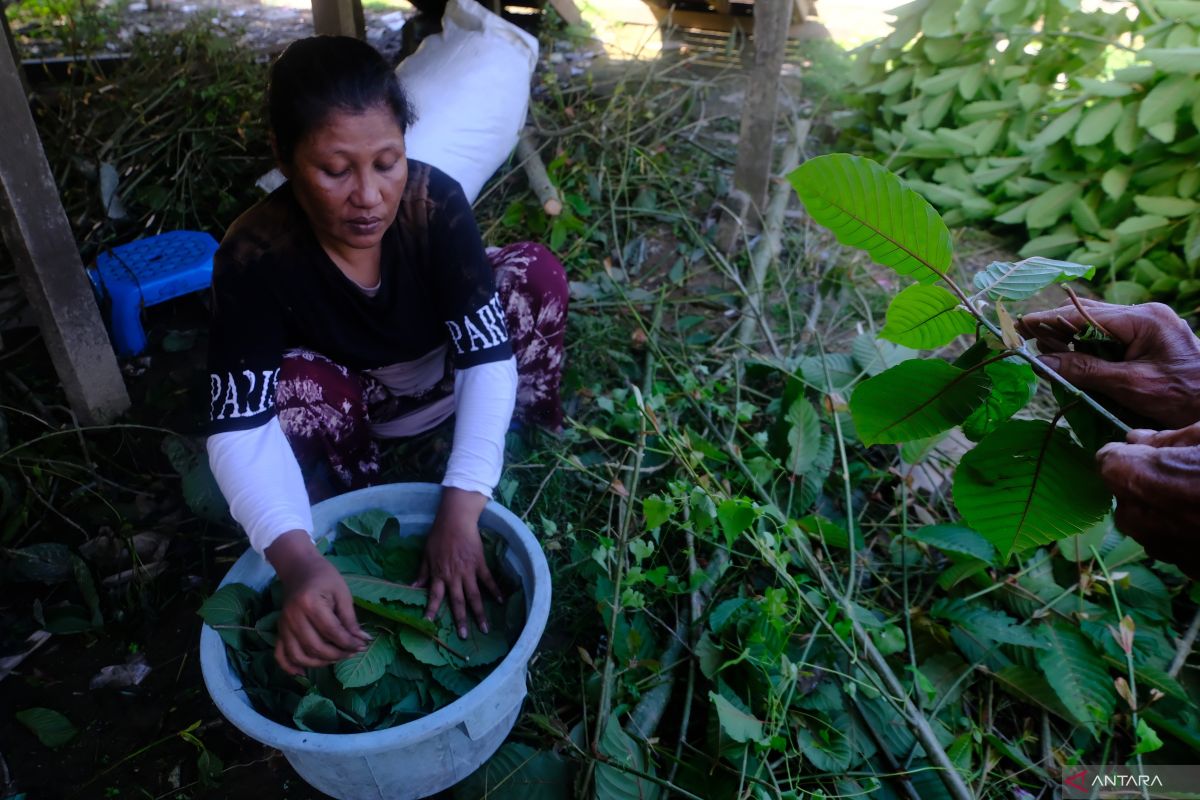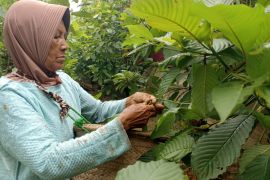"Kratom use in high doses can cause harmful side effects," BNN chief Marthinus Hukom said in a statement on Friday.
He noted that kratom cultivation and consumption are currently unregulated by the Narcotics Law. Therefore, the BNN has proposed technical research into kratom's effects.
President Joko Widodo (Jokowi) previously instructed the Health Ministry, the National Research and Innovation Agency (BRIN), and the Food and Drug Authority (BPOM) to continue researching the reported opioid properties of kratom plants.
This research is targeted for completion in August 2024. The aim is to inform policy decisions regarding the handling, utilization, and trade of kratom plants.
According to Hukom, since 2022, BNN has treated 133 kratom users who experience symptoms similar to opioid dependence, such as anxiety, tension, vomiting, dizziness, and nausea.
The BPOM has also prohibited the use of kratom as an ingredient in natural medicines, he said.
Furthermore, the United Nations Office on Drugs and Crime (UNODC) defers to the World Health Organization (WHO) regarding kratom. The WHO will continue to monitor scientific studies on kratom and its global use.
Hukom added that the BNN supports the decision of the National Commission on Changes in the Classification of Narcotics and Psychotropics, which classifies kratom plants as class I narcotics.
"Sustainable alternative development programs are crucial, especially in Kalimantan regions," he said. "Educating people about the dangers of kratom consumption is also essential."
Related news: President Jokowi presses for continued research on benefits of kratom
Related news: Agriculture Ministry awaits regulation on kratom plant
Translator: Agatha V, Kenzu
Editor: Anton Santoso
Copyright © ANTARA 2024












